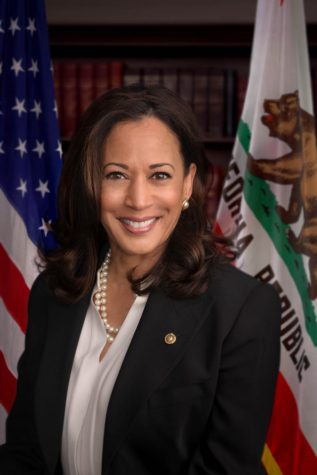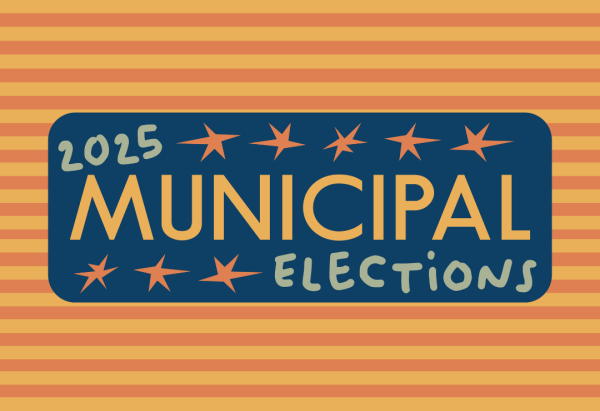OPINION: It’s time to be honest about Kamala Harris
August 29, 2019
If you’re like me, anxious to consume the latest bit of political drama, you watch the Democratic Party debates.
After the June debate, you likely walked away with two conclusions: a feeling of cathartic fascination every time Marianne Williamson spoke and a genuine sense of awe at the performance of Kamala Harris.
Harris, the junior senator from California, viciously confronted Joe Biden about his past comments regarding working with segregationists and forced busing, saying, “I also believe—and it’s personal, it was hurtful—to hear you talk about two United States senators who built their reputations and careers on the segregation of race in this country. It was not only that, you also worked with them to oppose busing. There was a little girl in California who was part of the second class to integrate her public schools, and she was bussed to school every day. That little girl was me.”
Harris blasted the Democratic frontrunner and heir apparent to the party. After the debate, all the talk was about the ascendance of Kamala Harris, how she might possibly crack the early polls showing Biden miles ahead of the rest of the field.

Then, a little-known representative from Hawaii was given the microphone in the second round of the Democratic debates, and all hell broke loose as Rep. Tulsi Gabbard shed light on Harris’ prosecutorial background.
“Kamala Harris says she’s proud of her record as a prosecutor and she’ll be a prosecutor president, but I’m deeply concerned about this record,” Gabbard said. “There are too many examples to cite, but she put over 1,500 people in jail for marijuana violations and then laughed about it when she was asked if she ever smoked marijuana.”
Gabbard also accused Harris of blocking verdict-changing evidence and abusing the prison labor system.
Now, Gabbard’s motivation to move up in the polls should be considered in light of her comments regarding Harris. Additionally, some of Gabbard’s evidence included actions taken by employees of California’s Department of Justice while under Harris’ tenure, not specifically actions Harris ordered. However, Gabbard was clearly right: there is so much more to mention about Harris’ past.
Harris, then the attorney general of California, used a program that threatened parents with prosecution if children were missing school on a consistent basis. In 2010, when asked about the program, Harris laughed about threatening parents with jail time. According to a TheNation article, Harris fought against initial attempts at reforming California’s “Three Strikes” law, which gave life sentences after a third violation of the law if the first two violations were serious felonies—even if the third was drug possession or theft.
Harris, at best, has a mixed record as an attorney general. She touts her opposition to the death penalty but defended it in court in 2014. She also accelerated the testing of rape kits and mandated implicit bias training during her tenure.
The worst part of Harris’ record lies in the sword used on Biden regarding mandatory busing. During the debate, when Biden attempted to defend himself by stating that busing decisions were an issue he wanted addressed at the state and local level, Harris responded by saying that the federal government needs to step in when states fail to support their marginalized citizens, indicating she supported federally-mandated busing.
However, after the debate, when asked if she in fact supported federally-mandated busing, Harris spun an impressive position, saying, “I think of busing as being in the toolbox of what is available and what can be used for the goal of desegregating America’s schools.”
When asked what exactly that meant, Harris said, “I believe that any tool that is in the toolbox should be considered by a school district.”
The senator could’ve just said “no.” Harris launched an attack on Biden for holding a specific policy, implying a form of closet racism, all while holding the same position herself. This is not the first time Harris has walked back on a position taken on the debate stage. She also walked back support for eliminating private health insurance, blaming a misunderstanding of the question.
While Democrats are picking who to send against Donald Trump in 2020, they should consider the entirety of the candidates’ resume and policy proposals, not just the conventional sound bites and “gotcha” moments.
In that process, Democrats should analyze if Harris holds the necessary burden of proof as a progressive, respectable antithesis to Trump. If not, perhaps it’s time to charge Harris with continuing her service in the Senate rather than the Oval Office.












